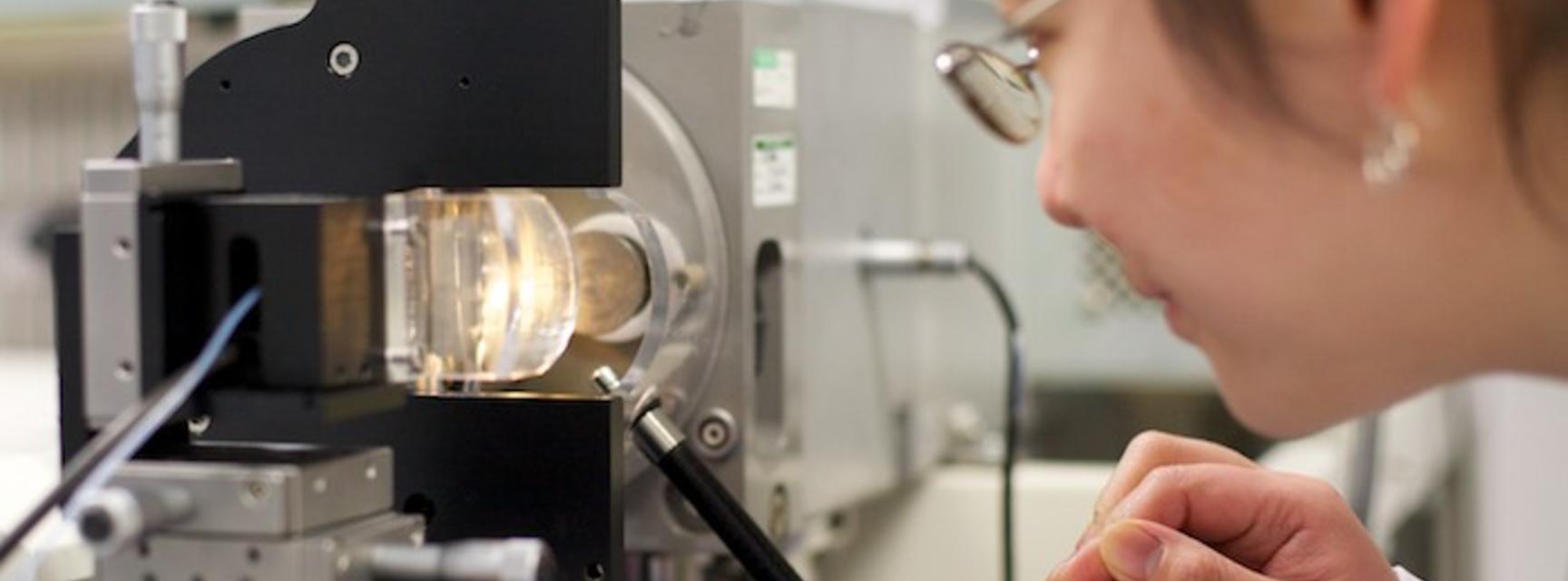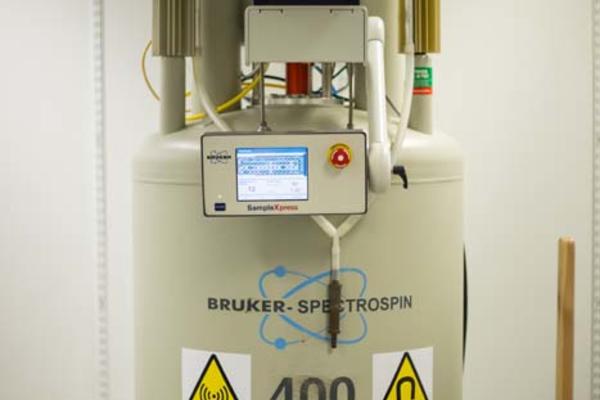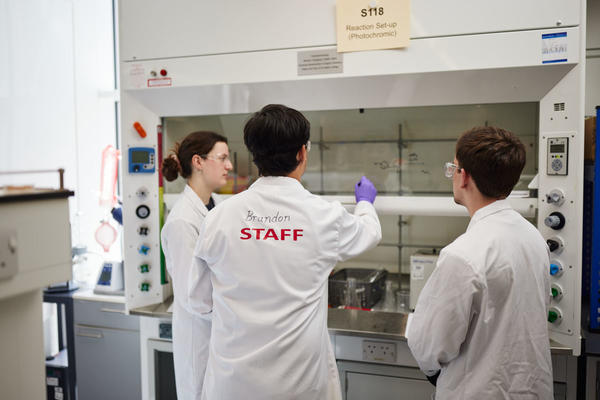Current graduate students
The links below provide information for current students on our postgraduate research and postgraduate taught degrees.
Graduate handbook
Graduate handbook
Departmental and MPLS policies and procedures
Departmental and MPLS policies and procedures
PGR milestone assessments and thesis submission
PGR milestone assessments and thesis submission
Skills training
Skills training
Teaching opportunities
Teaching opportunities
MSc in Theoretical and Computational Chemistry











